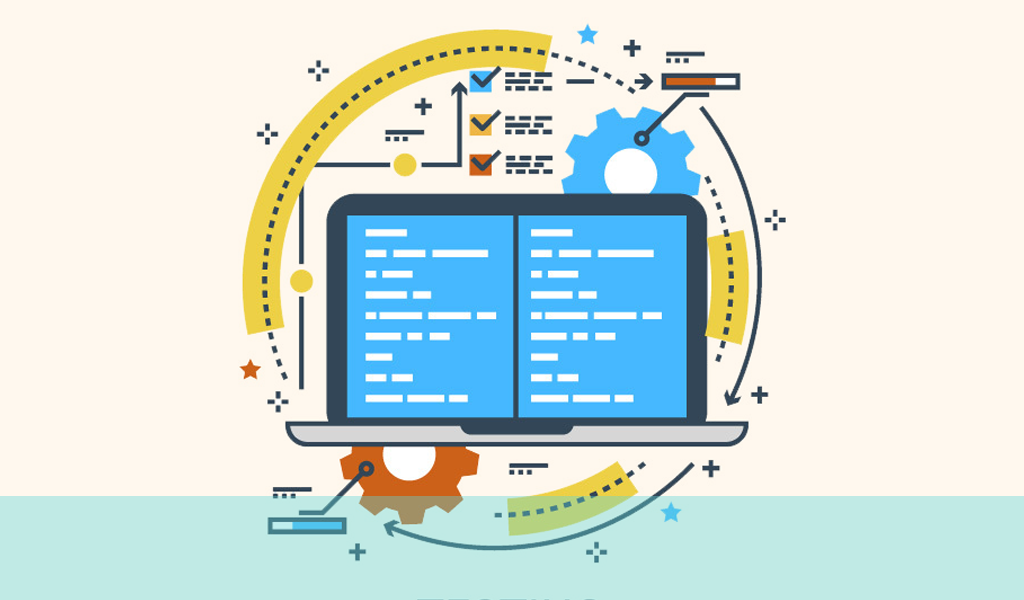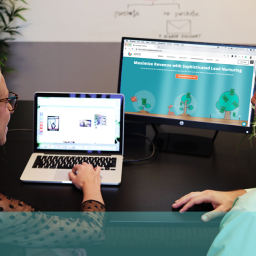
Anticipatory design can provide many advantages to the end-user – and, therefore, a potentially great benefit to your online business as you provide a user experience that is memorable, effective, targeted, timely and satisfying to the customer.
Current Problems with Online User Experience
One of the greatest drawbacks of online retailing has been customer frustration with systems that:
- Continually ask them for the same information;
- Fail to meet their obvious needs or questions;
- Provide search facilities that don’t match their criteria or expectation;
- Navigate them to places they don’t want to be or to products they don’t want to see;
- Are slow or ineffective in responding to commands or requests;
- Have insufficient description to help them provide accurate pictures of what they want or to search available products by feature;
and so on. The picture won’t be unfamiliar to anyone who has tried to buy online – or, indeed, to any business that offers online retailing.
With increasing time pressures – and ever-growing choice and options – this problem is only likely to worsen over the coming years. Anticipatory design seeks to overcome some of these issues by utilising data about the consumer to eliminate many of the steps in the identification and search process for online product matches.
Usability Testing
Usability testing your online offering will help to uncover users frustrations to help you design a more seamless service.
When usability testing and employing anticipatory design it is worth bearing these guidelines in mind during the process:
- You are trying to help the customer by speeding up the process and reducing the amount of inputs they need to make, not showing off how clever your system is;
- Users need to understand how and why they are being helped so they don’t get panicked into making unnecessary or distracting inputs or queries;
- You need to look at your interaction with the user and decide where it can be simplified, automated or any other process interspersed that makes it quicker to get to the end-point;
- You should design your app so it gathers information from as wide a universe as possible with relevance to the intended purchase or service required;
- Understanding user behaviour and needs is key to anticipatory design – this might entail user research outside of online data-gathering;
- The nature of anticipatory design means that usability testing requires narrative as well as observational input – you can only fully understand where your design is working (or failing) if you understand the reasoning, beliefs and objectives of the user as they proceed.
Don’t get left behind as this concept progresses. Those online businesses that offer the smoothest, easiest user experience will be those that succeed in the future. To discuss any aspect of anticipatory design, ring us on +44(0)800 0246247 or email us at hello@ux247.com

















